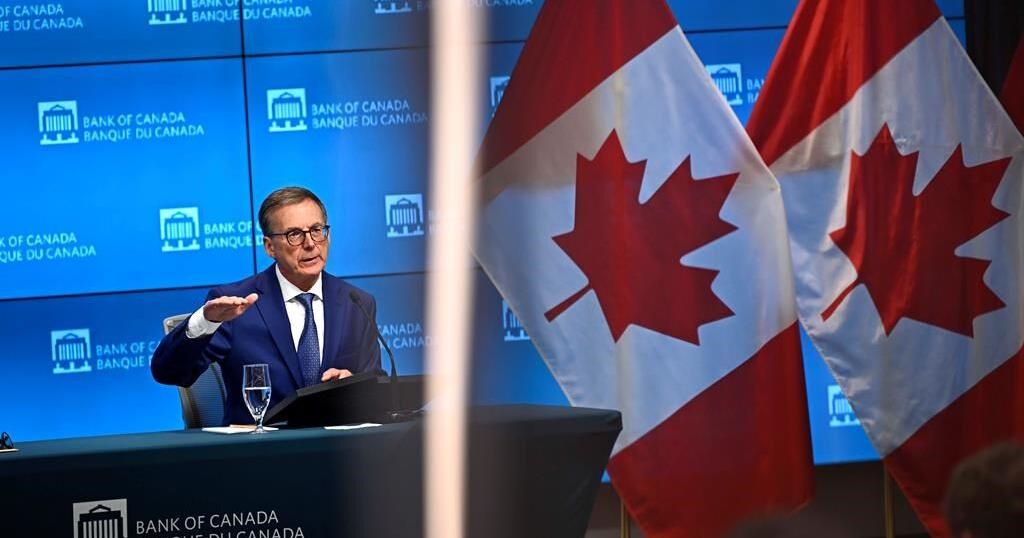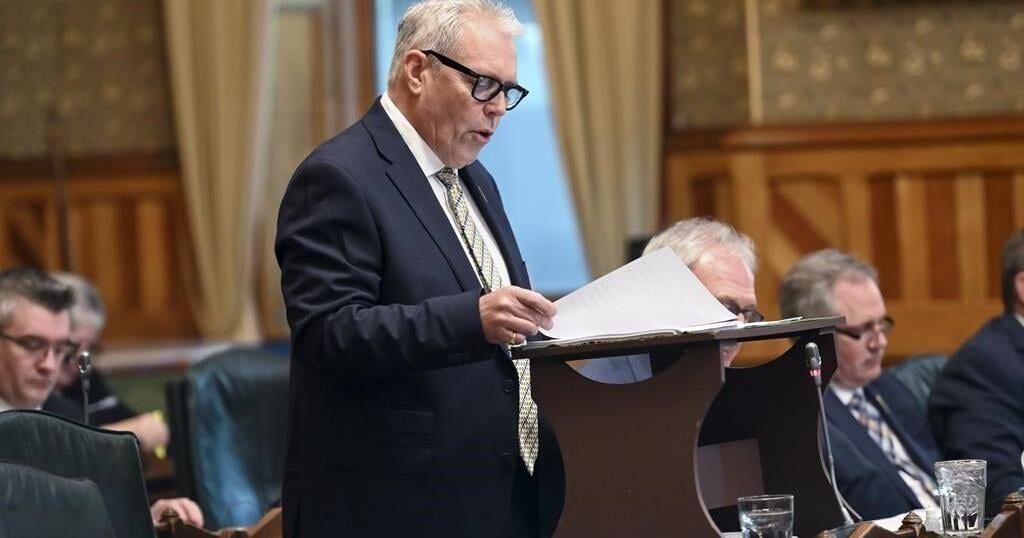(Bloomberg) — A series of high-profile resignations from Brazil’s economic team have left Economy Minister Paulo Guedes shaken but committed to keep pushing for reforms in the government, according to two people close to him.
The losses are also the most visible sign yet that Guedes’ ambitious economic agenda is suffering a downgrade in size and scope, although his austerity drive received a crucial backing from President Jair Bolsonaro and congressional leaders.
In a joint statement to the press late on Wednesday, Bolsonaro, Lower House Speaker Rodrigo Maia and Senate President Davi Alcolumbre pledged to uphold Guedes’ fiscal plans, and in particular a spending cap law that freezes public expenditures for two decades. It was a rare show of support for the minister, nearly 24 hours after news of an exodus from his team raised questions about the future of his reforms.
On Tuesday night Guedes lost both the secretary responsible for his privatization plans and another in charge of overhauling Brazil’s costly public sector. The two quit saying they were unhappy with the pace of reforms, some of which have ground to a halt after the pandemic forced the government to shift resources to protect vulnerable workers and companies. Their departure comes after three other losses suffered by the economic team over the past three months.
Guedes, a University of Chicago-trained economist who became a market darling by promising to restore discipline to Brazil’s public finances, has no intention of leaving his job, according to the people close to him.
Instead, the minister will remain focused on the most urgent task at hand — an overhaul of Brazil’s tax system he deems essential to boost the post-pandemic economic recovery, said the people, who requested anonymity because they’re not allowed to discuss the topic in public.
Read More: Brazil’s Economic Team in Disarray After Two High Profile Losses
The resignations of Privatizations Secretary Salim Mattar and Paulo Uebel, the special secretary of de-bureaucratization, could, in fact, make privatizations and a reform of the public sector more realistic and easy to move forward, although not as bold as Guedes had envisaged them, the people added. Both men made their careers in private companies and struggled to understand the political timing and bureaucracy inherent in public administration.
“The government had an agenda and chose the people to implement it,” said Rafael Cortez, a political scientist with Tendencias consultancy. “The change of key names represents a break in expectations about the agenda, as well as the timing of its implementation.”
Shaken, Steadfast
Guedes’s dampened mood was visible late on Tuesday when he announced the departure of his teammates, including his close friend Mattar. The minister said the successive resignations felt like a “stampede” and added that he understood Mattar’s discomfort in the government.
Yet he promised to fight back by pushing forward his reform agenda and made a strong defense of his plan to reimpose financial austerity to government finances in 2021, following a year of record budget deficits needed to fight the coronavirus crisis.
Read More: The World’s Most Reluctant Keynesian Spends Big in Brazil
Bolsonaro has been suffering strong pressure from lawmakers and even some cabinet members who want him to boost public investment to the detriment of a law that freezes government expenditures for two decades.
Guedes’s priority, according to the two people close to him, is to defend that law, known as the spending cap, which is considered by investors as the country’s last line of defense against runaway budget deficits.
Earlier on Wednesday, Bolsonaro had already said his government remains committed to fiscal responsibility and the spending cap, even at a moment when a tighter budget leads ministers to seek more funds for their projects.
(Updates with statements from Bolsonaro and heads of both houses of Congress in second paragraph.)
<p class="canvas-atom canvas-text Mb(1.0em) Mb(0)–sm Mt(0.8em)–sm" type="text" content="For more articles like this, please visit us at bloomberg.com” data-reactid=”45″>For more articles like this, please visit us at bloomberg.com
<p class="canvas-atom canvas-text Mb(1.0em) Mb(0)–sm Mt(0.8em)–sm" type="text" content="Subscribe now to stay ahead with the most trusted business news source.” data-reactid=”46″>Subscribe now to stay ahead with the most trusted business news source.
©2020 Bloomberg L.P.


























